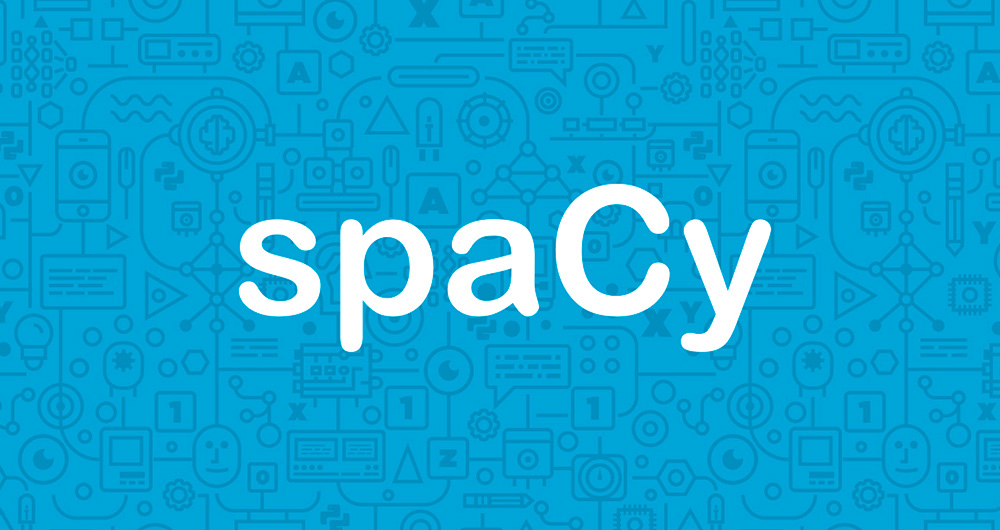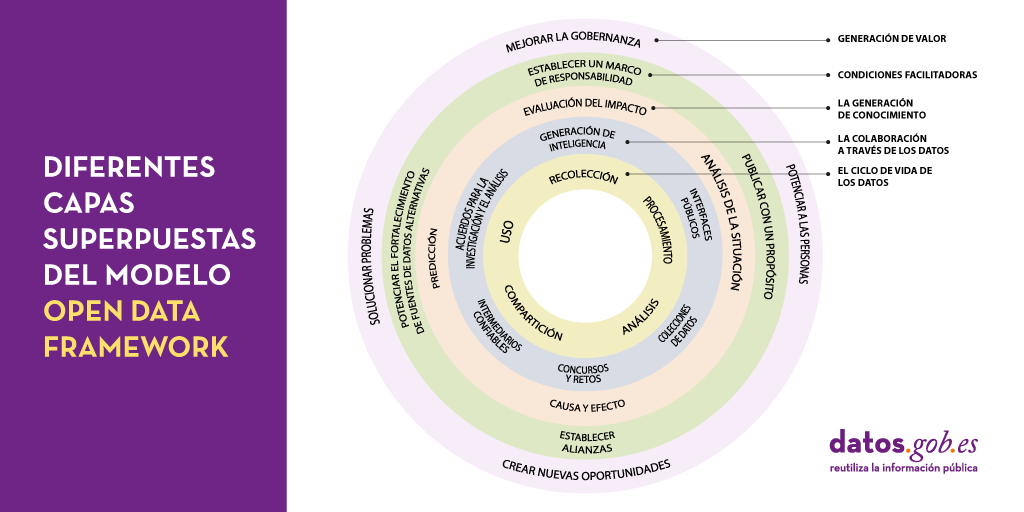11 posts found
How local councils drive open data in municipalities
Although local governments are the closest actors to citizens, they often face limitations in terms of resources and capacities to implement open data effectively. The diputations, as intermediate institutions between central government and municipalities, play a key role in coordinating, supporting…
Data Sandboxes: Exploring the potential of open data in a secure environment
Data sandboxes are tools that provide us with environments to test new data-related practices and technologies, making them powerful instruments for managing and using data securely and effectively. These spaces are very useful in determining whether and under what conditions it is feasibl…
SLM, LLM, RAG and Fine-tuning: Pillars of Modern Generative AI
In the fast-paced world of Generative Artificial Intelligence (AI), there are several concepts that have become fundamental to understanding and harnessing the potential of this technology. Today we focus on four: Small Language Models(SLM), Large Language Models(LLM), Retrieval Augmented Generation…
GRAPH QL. Your best ally for the creation of data products.
The era of digitalisation in which we find ourselves has filled our daily lives with data products or data-driven products. In this post we discover what they are and show you one of the key data technologies to design and build this kind of products: GraphQL.
Introduction
Let's start at the beginni…
UNE specifications as a complement to ISO standards for the governance, management and quality of Information Systems and Technologies
Standardisation is essential to improve efficiency and interoperability in governance and data management. The adoption of standards provides a common framework for organising, exchanging and interpreting data, facilitating collaboration and ensuring data consistency and quality. The ISO standards,…
RAG - Retrieval Augmented Generation: The key that unlocks the door to precision language models
Teaching computers to understand how humans speak and write is a long-standing challenge in the field of artificial intelligence, known as natural language processing (NLP). However, in the last two years or so, we have seen the fall of this old stronghold with the advent of large language models (L…
Improving efficiency in the legal sector: LegalTech and data analytics
Digital transformation affects all sectors, from agriculture to tourism and education. Among its objectives is the optimization of processes, the improvement of the customer experience and even the promotion of new business models.
The legal sector is no exception, which is why in recent years…
We tested SpaCy: much more than a library for creating real natural language processing projects
Few abilities are as characteristic of human beings as language. According to the Aristotelian school, humans are rational animals who pursue knowledge for the mere fact of knowing. Without going into deep philosophical considerations that far exceed the purpose of this space for dissemination, we c…
Peeling the onion of open data governance
One of the key actions that we recently highlighted as necessary to build the future of open data in our country is the implementation of processes to improve data management and governance. It is no coincidence that proper data management in our organisations is becoming an increasingly complex and…
Laboratories for innovation in data management
Current approaches to public policy-making that respond quickly to changing trends in technology are too often unsuccessful. Policy makers are often pressured to develop and adopt laws or guidelines without the evidence needed to do so safely and without the opportunity to consult affected experts a…









